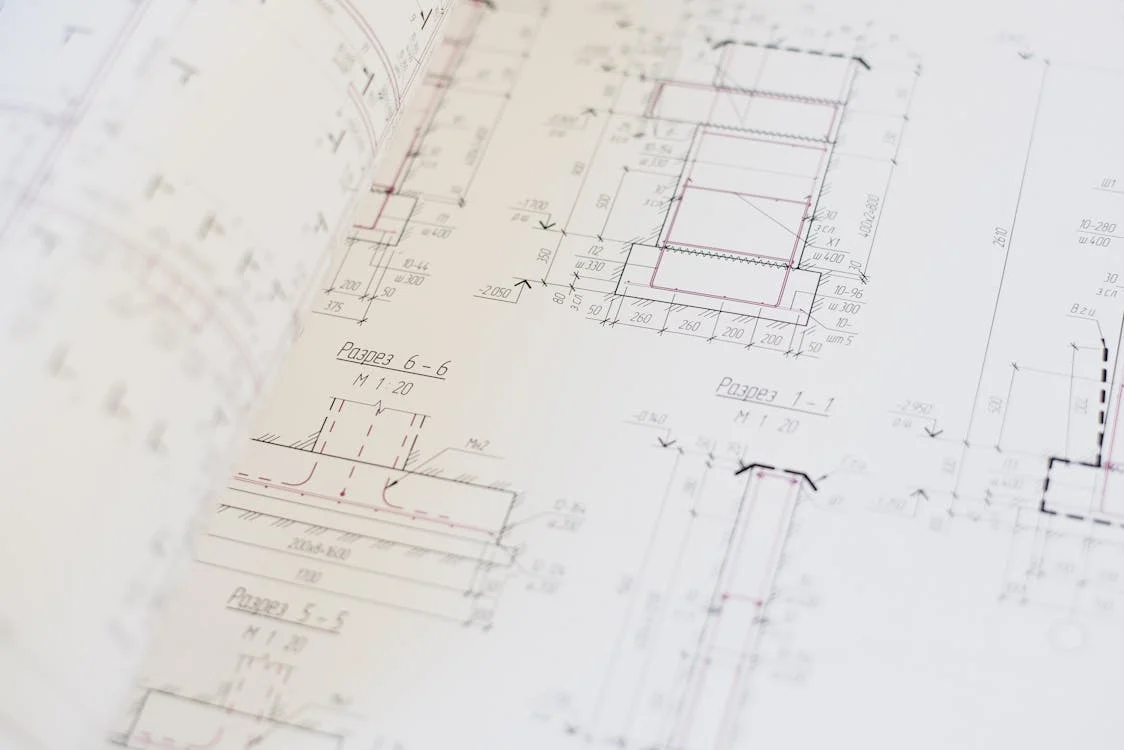A building surveyor is a construction professional with expertise in the built environment. They play a crucial role in assessing the condition of existing structures and providing advice on maintenance, repair, and alterations. Unlike a land surveyor who focuses on land surveying and establishing property lines, a building surveyor works closely with architects, engineers, and contractors to ensure that buildings meet building regulations and are fit for purpose. This article will delve into the role of a building surveyor, exploring their job duties, work environment, and the skills required for a successful career as a building surveyor.
The role of a building surveyor
A building surveyor is often called upon to carry out a range of tasks, including:
- Building surveys: Conducting detailed inspections of buildings to assess their condition and identify any potential issues. This may involve creating detailed reports and drawings.
- Party wall matters: Providing advice on party wall matters, such as when a property owner wants to carry out work that affects a neighboring property.
- Defect analysis: Investigating defects in buildings and determining their cause and the most appropriate remedial measures.
- Project management: Overseeing building projects from inception to completion, ensuring that they are delivered on time and within budget.
- Valuation: Providing valuations of properties for a variety of purposes, such as mortgage lending, insurance, and probate.
The skills and qualifications required
To become a successful building surveyor, a range of skills and qualifications are required. These include:
- Technical knowledge: A solid understanding of construction methods, building materials, and building regulations.
- Problem-solving skills: The ability to identify and solve problems, often under pressure.
- Communication skills: The ability to communicate effectively with clients, contractors, and other professionals.
- Report writing skills: The ability to produce clear and concise reports that accurately reflect the findings of a survey.
- Qualifications: A relevant degree in building surveying, architecture, or a related discipline is typically required.
A day in the life of a building surveyor
The work environment of a building surveyor can be varied, depending on the specific project. They may spend time on site inspecting buildings, in an office preparing reports, or meeting with clients to discuss their requirements. A typical day might involve:
- Attending a site meeting with a client and contractor
- Carrying out a building survey
- Preparing a detailed report of the survey findings
- Meeting with colleagues to discuss project progress
- Providing advice to a client on a building maintenance issue
The future of building surveying
The role of a building surveyor is constantly evolving. With increasing emphasis on sustainability and energy efficiency, building surveyors are playing a key role in assessing the environmental performance of buildings and advising on retrofitting measures. Additionally, advances in technology, such as Building Information Modelling (BIM), are transforming the way building surveyors work.
The salary and job prospects for building surveyors
The salary of a building surveyor can vary depending on factors such as experience, location, and specialization. However, building surveying is generally a well-paid profession, with salaries typically higher than the national average. Job prospects for building surveyors are generally good, particularly in areas with high levels of construction activity.
Building surveyors vs. other construction professionals
While building surveyors share some similarities with other construction professionals, such as architects and engineers, there are some key differences. Architects are primarily concerned with the design of buildings, while engineers focus on the structural and mechanical aspects of construction. Building surveyors, on the other hand, are experts in the condition and performance of existing buildings.
A building surveyor plays a vital role in ensuring that buildings are safe, fit for purpose, and comply with building regulations. The profession offers a wide range of opportunities for those with a passion for the built environment.
If you are considering a career as a building surveyor, it is essential to:
- Gain relevant work experience: Try to secure work experience with a building surveying firm to gain practical skills.
- Develop your technical knowledge: Keep up-to-date with the latest building regublations and technologies.
- Network with professionals: Build relationships with other professionals in the construction industry.
- Consider further study: A postgraduate qualification can enhance your career prospects.






